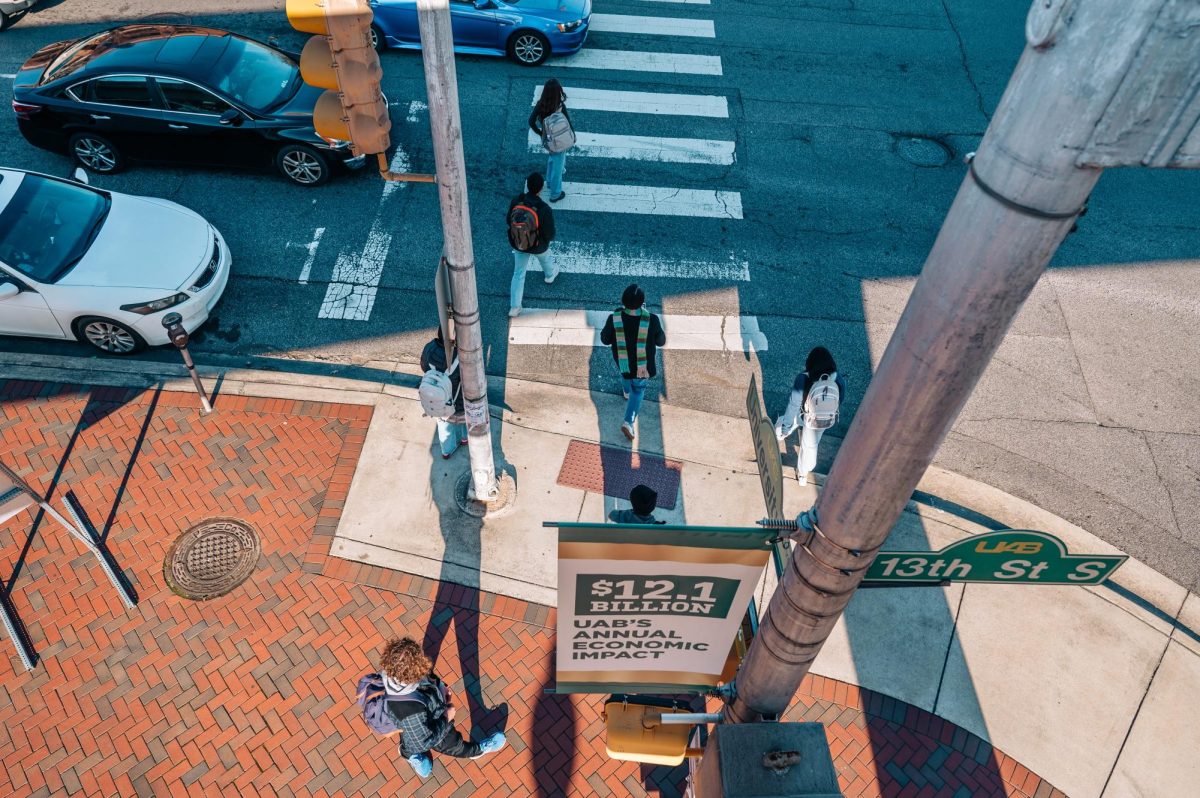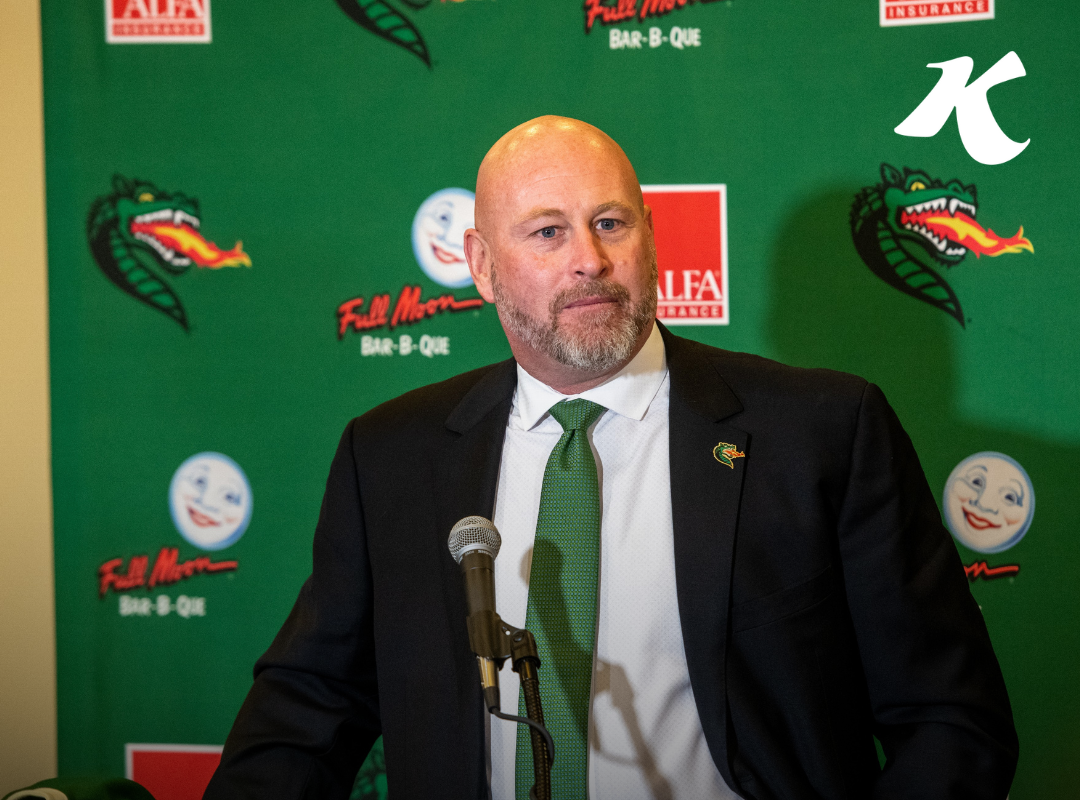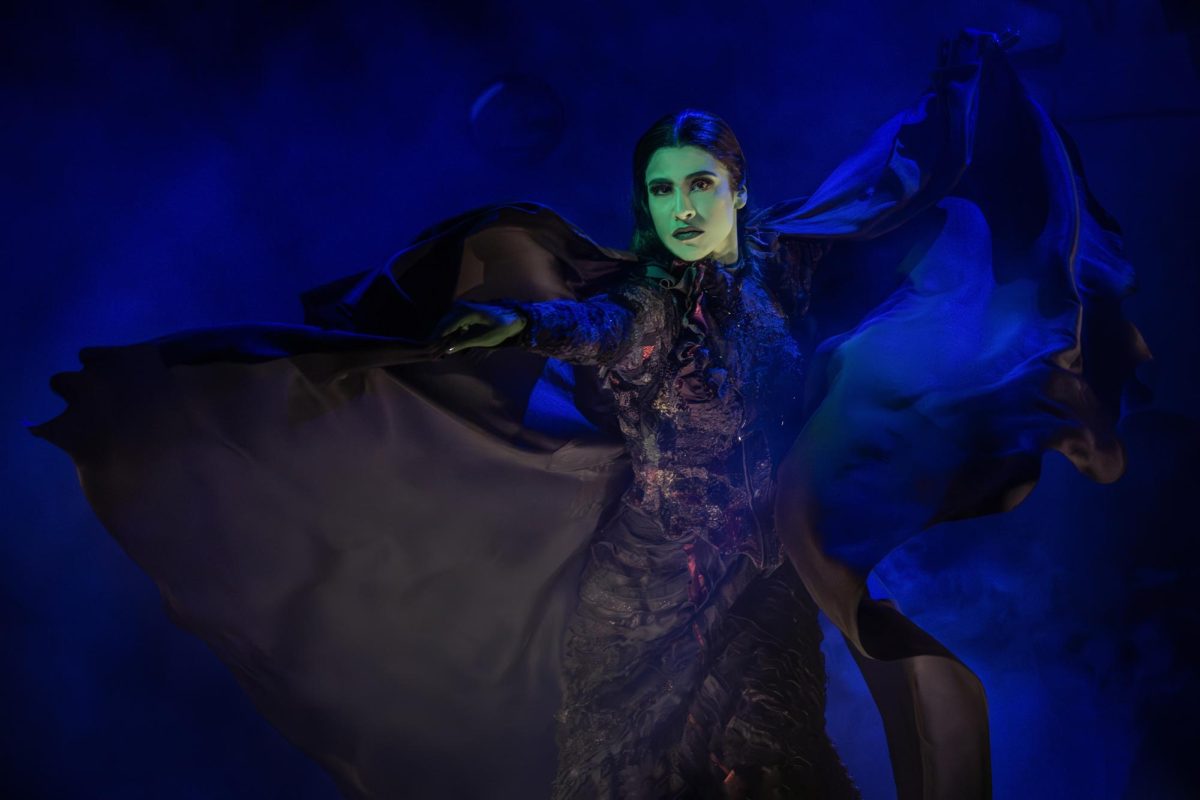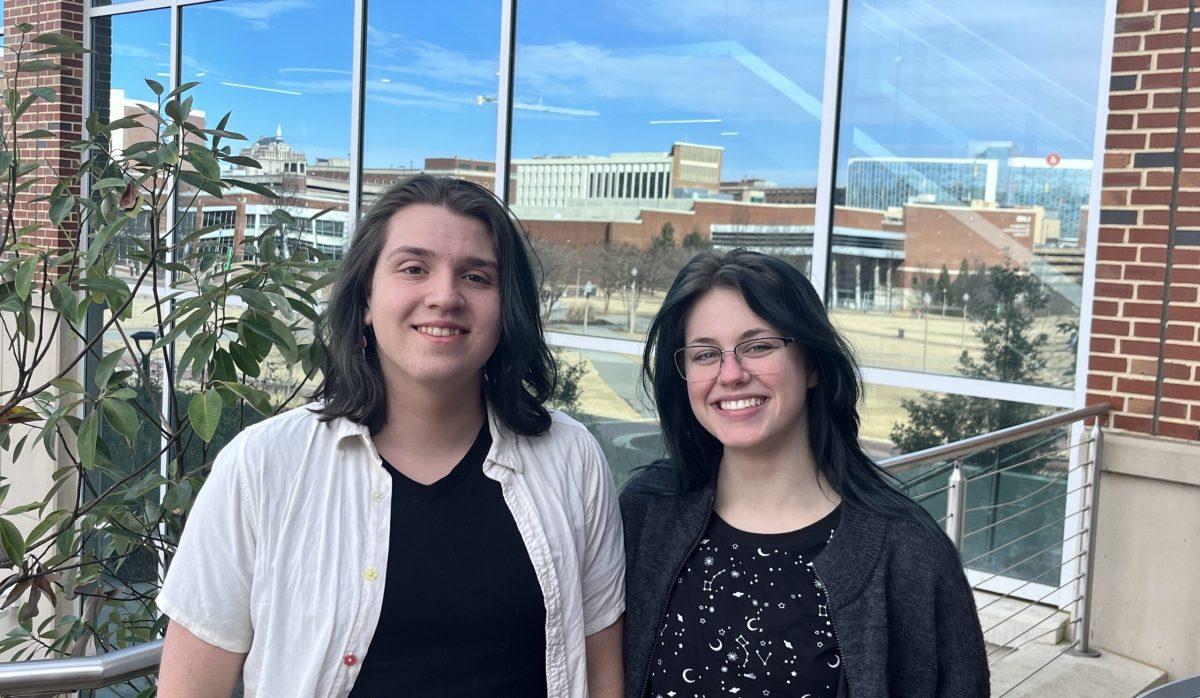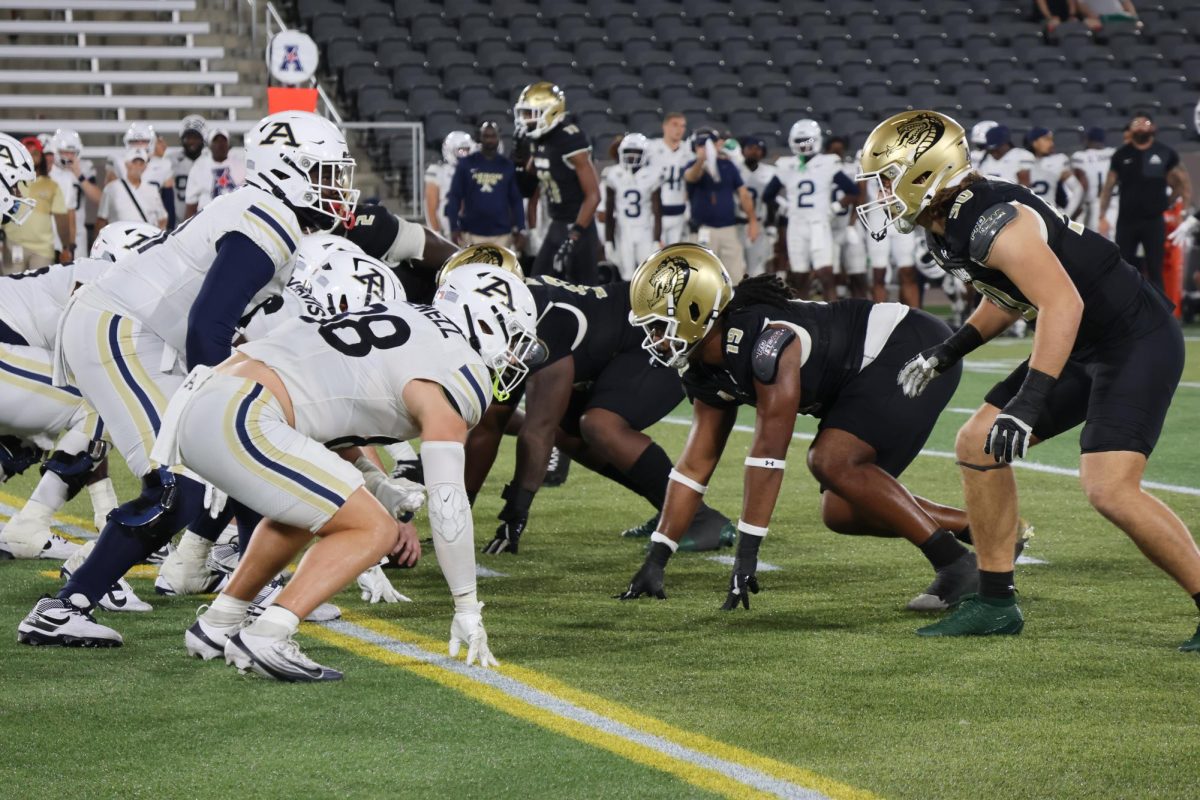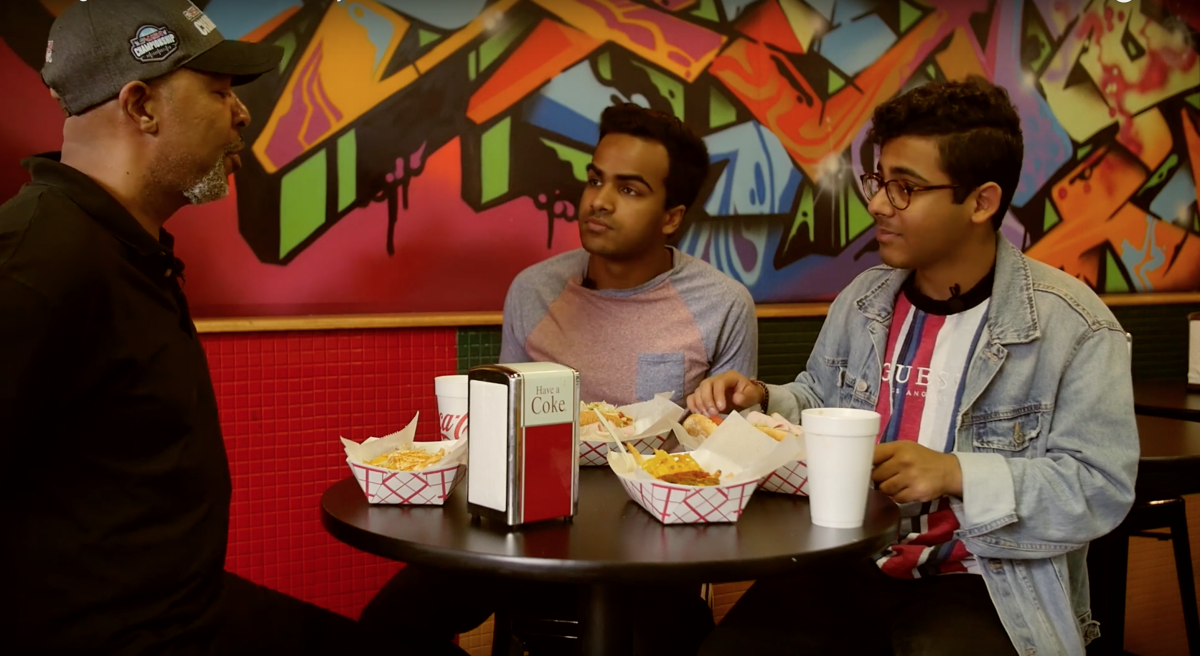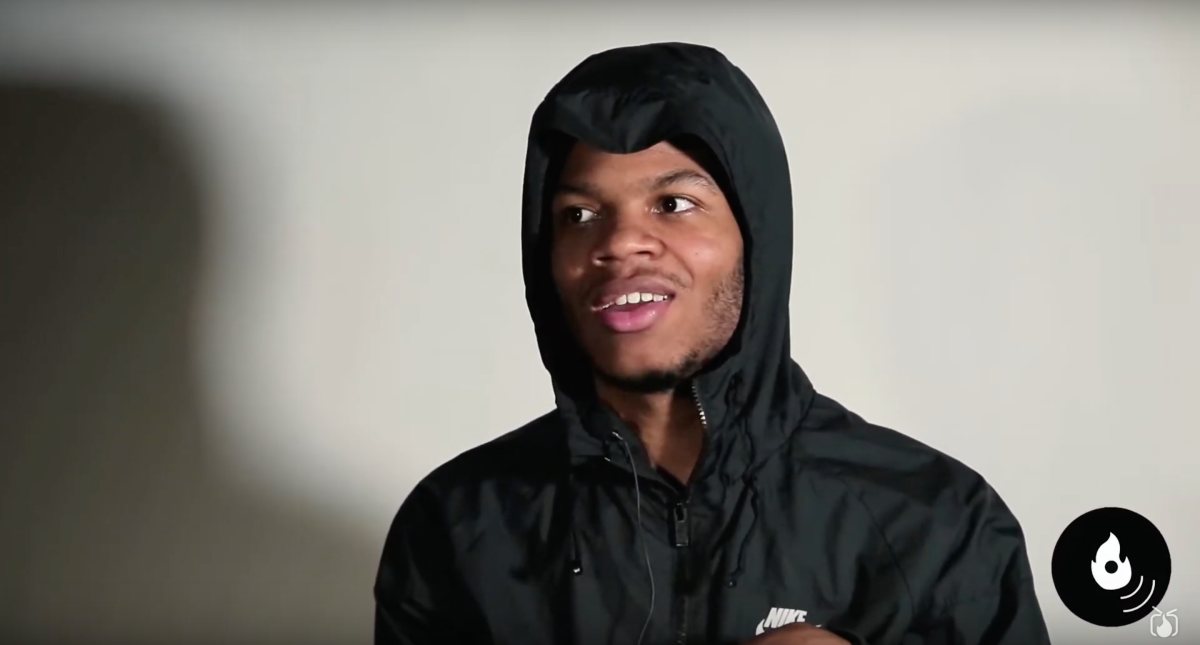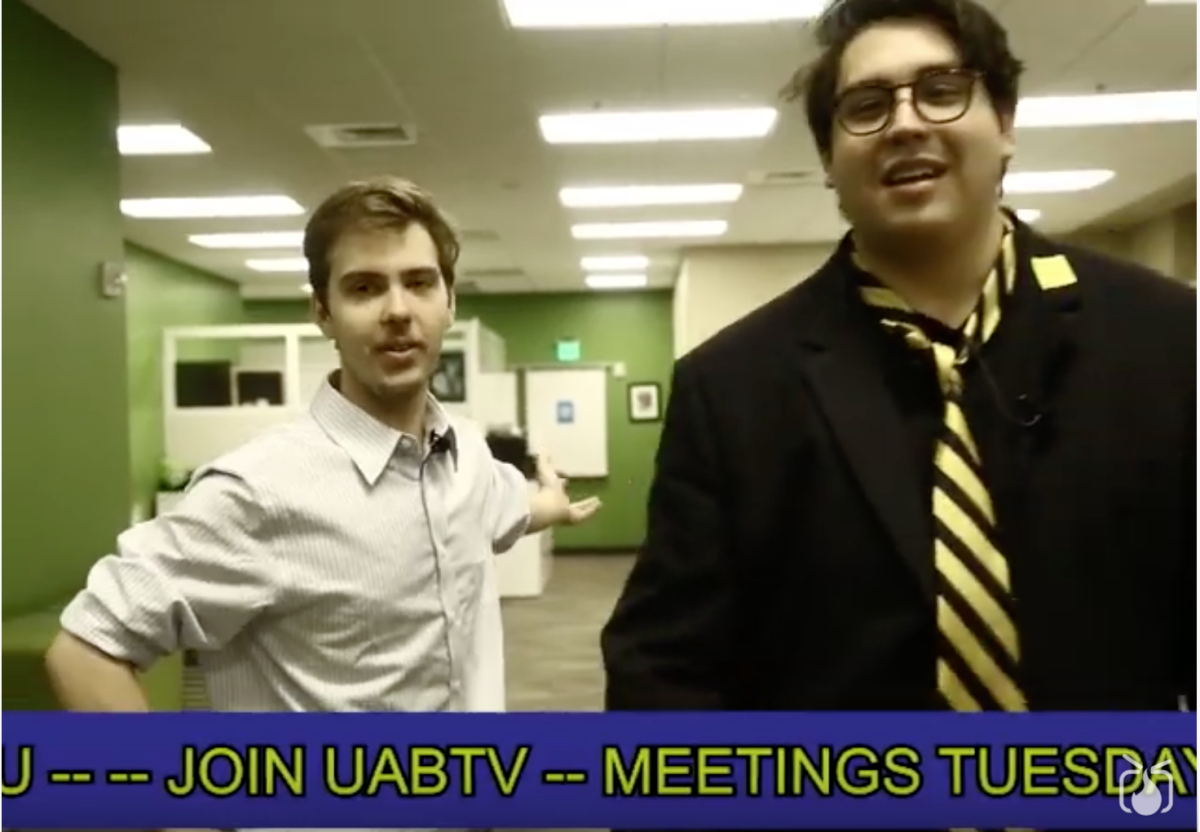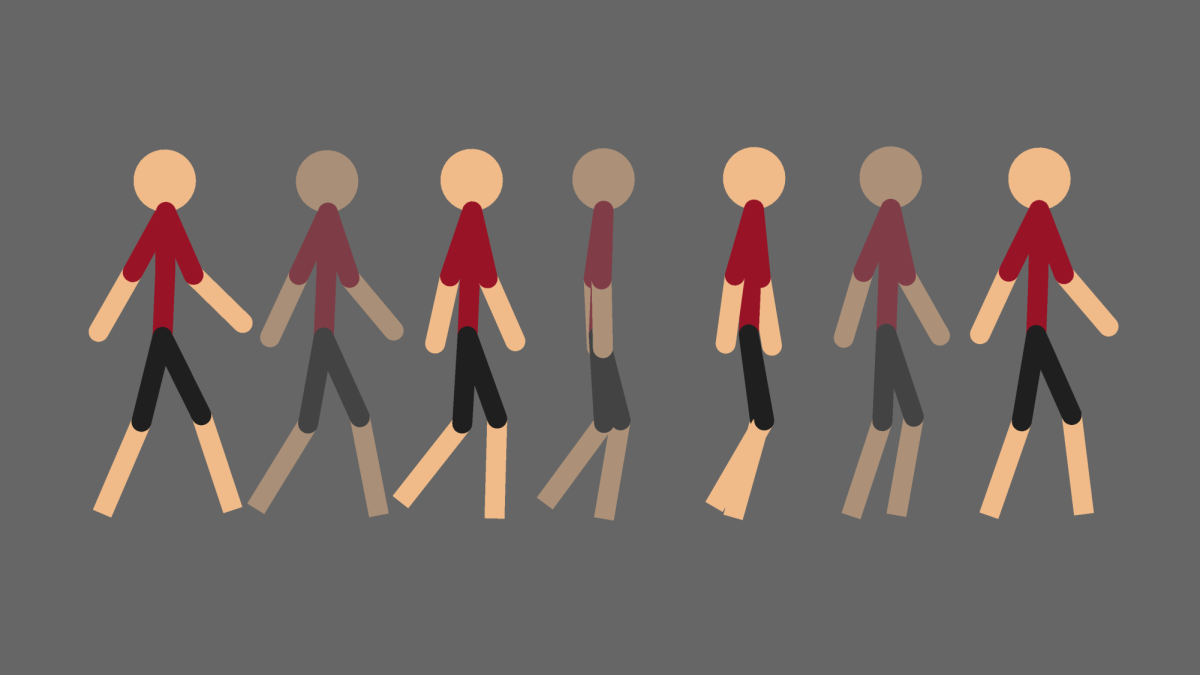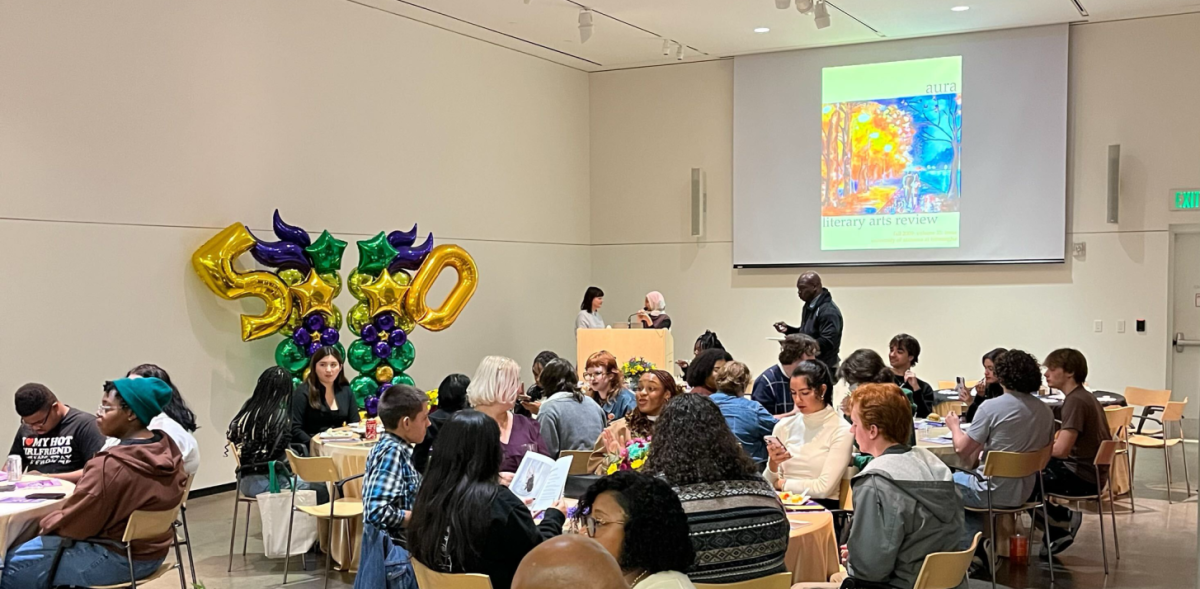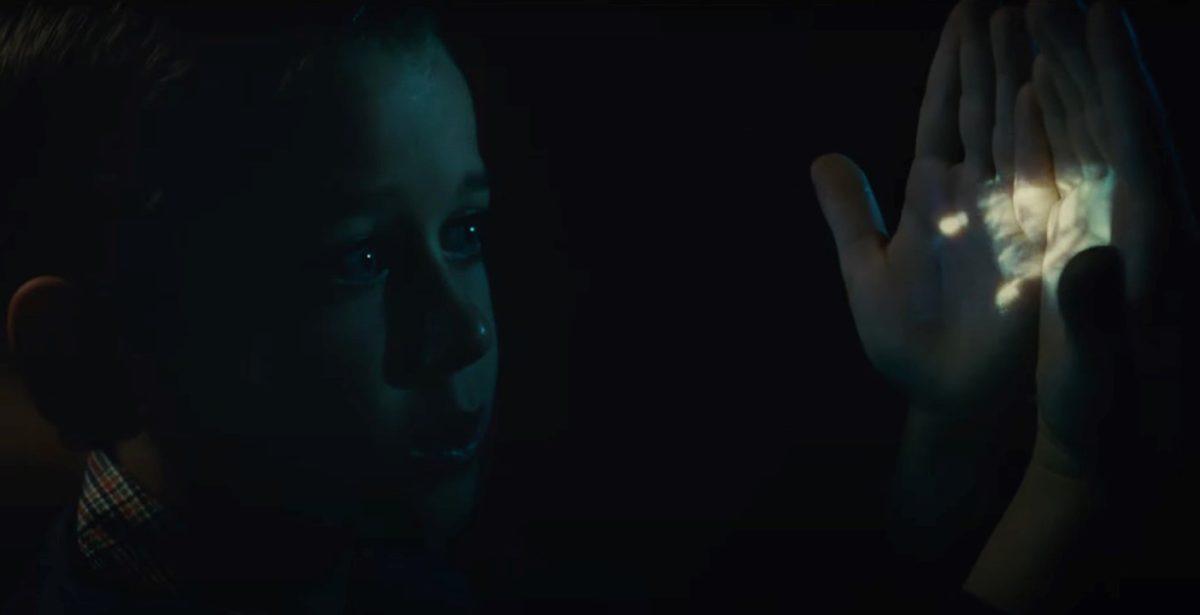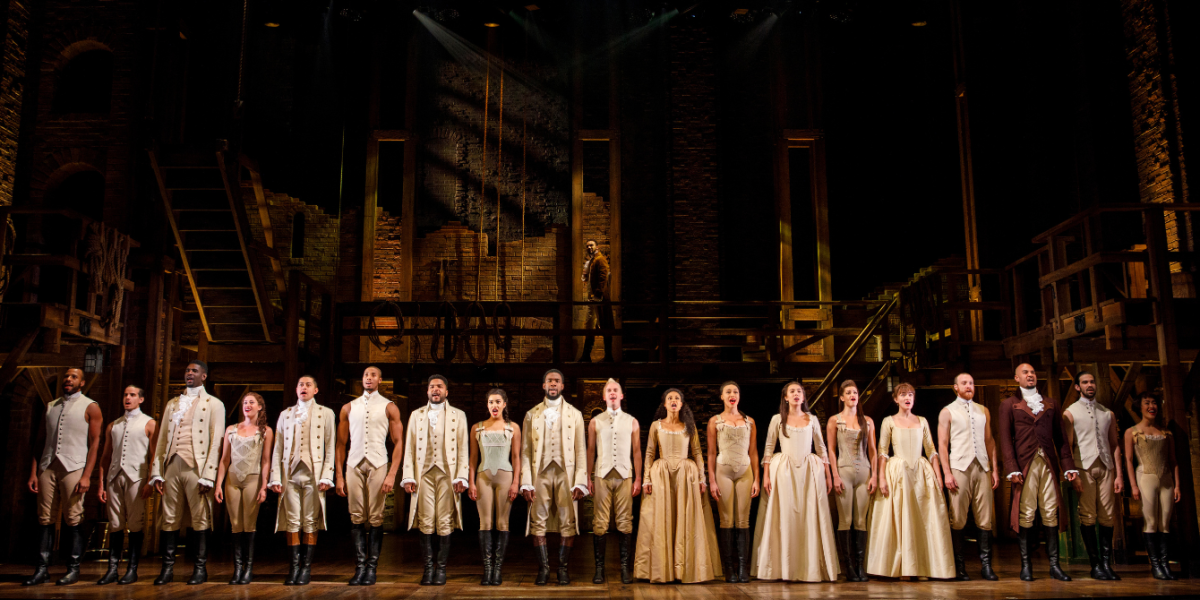by George Barreto
Sammy Fabelman (Mateo Zoryon Francis-DeFord in his younger years, then Gabriel LaBelle in his teenage years) fearfully awaits in line for Cecil B. DeMille’s “The Greatest Show on Earth” in 1952’s New Jersey. His father, Burt (Paul Dano), explains how a projector works, the mechanisms, and the engineering behind the moving pictures – a shot at logically soothing his son’s fear of the idea of giant moving pictures. His mother, Mitzi (Michelle Williams), explains the situation more artfully than Burt, detailing it as a dream that never ends. The set piece that will keep Sammy awake for the night is that of a train crash – smoke lingers, circus animals trying to escape the scene, and metal screeches as if yelling in pain. A moment that deeply ingrained itself in his mind, Sammy, with his mother’s encouragement, seeks to recreate this scene with a miniature train set that his father begrudgingly gifts him throughout Hannukah.
This scene is a microcosm of the whole film; many scenes play out similarly, serving as a thesis of what Steven Spielberg is getting at. From the dichotomy of his parents, his obsessive fascination with film, and his savant-like ingenuity to create images to how that affects his relationship with everyone around him. From this point, it would seem as if the whole movie will be just that, a series of vignettes of Spielberg making movies, and while all that is here, to a degree, the fact is that the film is much more layered than the Oscar bait logline.
There has been a trend of filmmakers attempting to capture their origin story to trace a profoundness. These projects tend to veer towards self-aggrandizing rather than anything of substance. Usually, the narrative goes to the wayside, and filmmakers focus on the day-to-day “spirituality” and how cinema morphed their world. Most of this reflection spawns from the uncertain state of films (streaming service affairs and movie theaters filing for bankruptcy), while others came out of the pandemic. The latter was the case for Spielberg, having many of his children back in the house for weeks and with his “West Side Story” remake put on halt, Spielberg spent several hours a day taking drives and reminiscing.
“Directing is a social occupation, and I’m very used to interacting with people daily,” said Spielberg in a recent interview with The New York Times’ A.O. Scott. He thought, “What’s the one story I haven’t told that I’d be really mad at myself if I didn’t?”.
“The Fabelmans” follow the titular family’s frequent cross-country moves from New Jersey to Arizona and North California due to the patriarch’s engineering vocation. Paul Dano is a real standout as Burt Fabelman, a father who is not entirely dismissive of his son’s dreams but is not completely sold on the idea of it being something more than a hobby. Dano imbues the character with sweet complexity that enriches interactions with ample emotional depth. There are moments of connection between him and his son where Burt acknowledges his talent as a filmmaker just for the conversation to end on the sour note of “When are you going to put that work into Algebra?” Dano manages to stand his own against Michelle Williams’ big performance. Mitzi is far more unstructured, a free spirit that consistently denies the domesticity required as a mother of four children. A performer destined for artistic greatness that is now beholden to a husband of genius and four children. The family eats with plasticware on top of cheap plastic table coverings thrown away after each meal; when a character points it out, they respond that she has piano hands. The vagueness of whether it is an act of preservation or rejection highlights the balancing act the movie is pulling off.
There seems to be a delicate hand at work here from all parties involved that evokes surprisingly sticky sincerity – that even when a chasm grows evident between the two, one never really picks a side. Spielberg understands that can only occur with enough distance and experience from the events and that confidence makes it all worthwhile.
Many will write “The Fabelmans” off as an ultimately insignificant sentimental story. Critics have already complained that it would not have been made if the story were about someone else. Still, it did not happen to anyone (even though there are universal themes) – this story is about one of the most prolific American directors in history. His warm and oddly fair examination of his parents is striking when so many similar movies have leaned heavily into the binary.
A shot that lingers in my head is that of Paul Dano’s character, a little older and a bit more detached; the camera focuses on his reaction to a picture of his family living a fruitful life without his presence. It is the first time the movie recognizes the passage of time on their faces, more wrinkles, and a plethora of hidden gray hairs slowly unearth. One will eventually come back home and face the fact that parents are not immune to the cruel fate of humans, and one will realize that our dad is just slightly older than we once remembered. A feeling of fear and nostalgia laced with inevitability, a brief cold breeze against the back of the neck.

